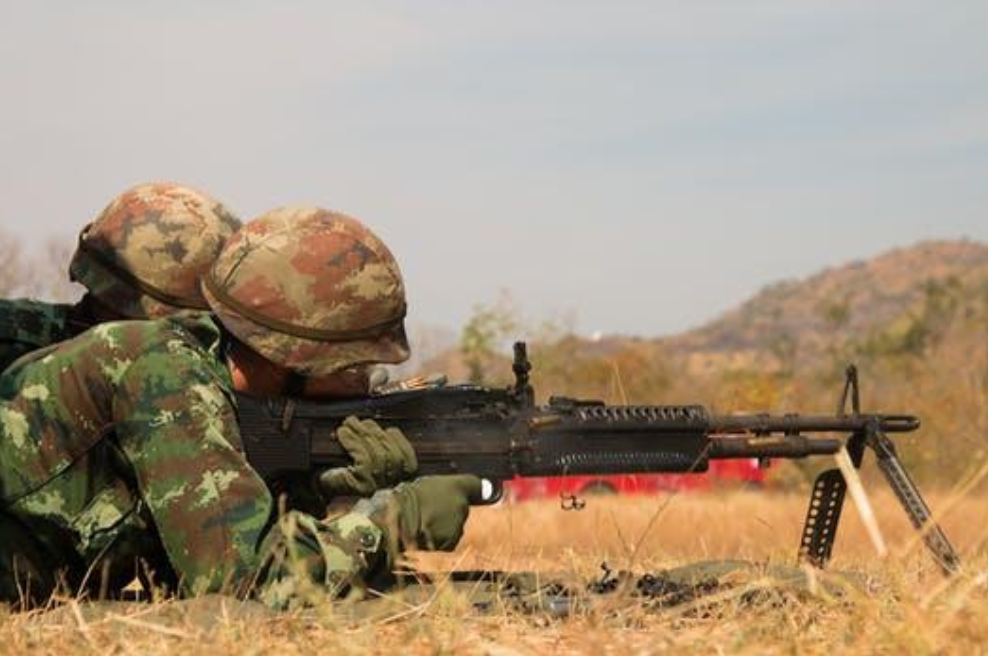PTSD
Post Traumatic Stress Disorder (PTSD) is an anxiety disorder suffered by people who have encountered a traumatic event. PTSD can have a serious effect on a person’s everyday life as they suffer from a range of nightmares, flashbacks and vivid memories. These, in turn, can cause a person to become isolated and easily agitated.

SUD
People with PTSD are more likely, than others, to develop a Substance Use Disorder (SUD) as they turn to drugs or alcohol to “self-medicate” their trauma. Although having PTSD does not mean a veteran is sure to develop an SUD, it increases their chances. More than 2 out of 10 veterans suffering from PTSD also have a consequent SUD. This is a staggering amount in comparison to the estimated 6% of the US population suffering from SUD’s. It is almost 3 times more likely for veterans suffering from PTSD to develop an SUD than for people without PTSD.

Female Veterans
With the rise in females now serving in the military, sexual assault and rape within the military is become a far bigger problem than before. According to the Veterans Administration, 1 in 5 female veterans suffer PTSD due to “military sexual trauma” – ranging anywhere from sexual assault to rape. As a result the number of women in the US abusing alcohol and drugs has increased and the initial sexual assaults must be combated to protect females in the military and to continue encouraging them to enlist. The President of the United States made comment to this and simply stated that it is “expected” if men and women are not segregated in the military. To assume and accept this behavior is poor form and more must be done to prevent females feeling isolated and scared of being abused by their colleagues.
It must also be noted that although sexual assault is a problem more prominent for female veterans, it is still unheard of for male service members to face the same trauma and this should not be trivialized for the latter gender.
Suicide and Mental Illness Rates
Beyond PTSD, returning troops may suffer from a number of different mental health problems – depression is one major issue for ex-service members. Depression rates in returning troops can vary anywhere between 3%-25% depending on conditions and circumstances of their deployments.
In a report by the Office for Suicide Prevention, it was reported that in 2016, on average, 20 veterans a day were lost to suicide. The risk of suicide amongst veterans is also a staggering 22% higher than that of the average US citizen. This is an alarming rate that is due to a culmination of PTSD, SUD’s and mental illnesses.

Treatment
The US Department of Veteran Affairs offers counseling and treatment to any veterans suffering from any problems arising from their service. Despite their efforts to help all veterans in need, due to a lack of resources countless veterans are unaware that the VA offer support and that they are eligible for this. The VA offers a wide range of programs to help those in need. Counseling is offered not just to veterans but their family to help them support their loved one in an appropriate way and to ensure they look after themselves too. Someone suffering from PTSD, depression and/or an SUD is not only difficult on the person struggling first-hand with their affliction but also the ones who are there to look after them. Therefore the VA aims to help all of those affected.
As PTSD and an SUD is often co-occurring for veterans there is also treatment in place that aims to cure ex-service members of both these conditions as both worsen each other so must be tackled together.
If you are a veteran suffering from any conditions, or have a loved one who is, a VA program can be sought out to begin treatment and get back on trap. See this link for any information: https://www.va.gov/directory/guide/PTSD.asp
By Cerys May
